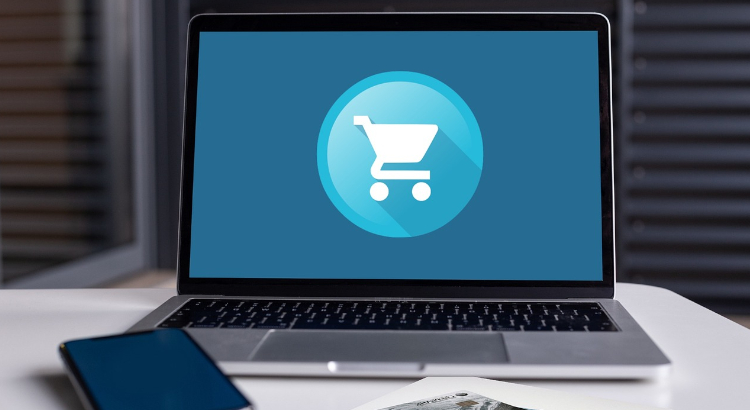B2C (Business-to-Consumer) ecommerce stands as a vital force, revolutionizing how businesses connect with individual consumers. This article delves into the essence of B2C ecommerce, exploring its diverse types, benefits it offers, and highlighting successful examples that exemplify its transformative power.
Useful Article: How to Start an eCommerce Business: Essential Tips for Success
What Is B2C Ecommerce
B2C ecommerce refers to the online transactions that occur between a business and individual consumers. Unlike traditional retail, this model eliminates the need for a physical storefront, allowing consumers to purchase goods or services directly from the comfort of their homes.
Types of B2C Ecommerce Models
1. Direct Sellers
Direct sellers in B2C e-commerce involve businesses directly offering products or services to consumers through online platforms, bypassing intermediaries. This model emphasizes a direct connection between the business and the end-user for a streamlined purchasing process.
2. B2C Dropshipping
B2C dropshipping is a model where retailers sell products without holding inventory. Instead, they partner with third-party suppliers who handle order fulfillment, reducing the need for inventory management and upfront investment.
3. Online Intermediaries
In the online intermediaries model, platforms connect consumers with various sellers, creating a centralized marketplace. This approach provides consumers with a wide range of products and services from different vendors, fostering convenience and choice.
4. Community-Based
Community-based B2C ecommerce thrives within online communities where users engage in buying, selling, or exchanging goods. This model builds a virtual marketplace driven by community interactions, creating a unique and engaging shopping experience.
5. Fee-Based
Fee-based B2C models require consumers to pay a fee for specific services, products, or exclusive content. This approach diversifies revenue streams beyond individual transactions, creating a sustainable and predictable income source for businesses.
6. Advertisement-Based
Advertisement-based B2C e-commerce generates revenue through advertising on the platform. Businesses leverage consumer engagement to attract advertisers, creating an additional income stream while offering free or subsidized access to users.
Benefits of B2C Ecommerce
The advantages of B2C ecommerce are given below.
Data Gathering
B2C e-commerce allows businesses to gather valuable consumer data, including preferences, behaviors, and purchase history. This information facilitates targeted marketing strategies, enhancing customer experiences and increasing the efficiency of promotional efforts.
No Need for Physical Presence
With B2C e-commerce, businesses operate online without the need for a physical storefront. This eliminates costs related to maintaining a brick-and-mortar presence, providing flexibility and reducing overhead expenses.
Trackable, Personalized Marketing
Ecommerce platforms enable trackable and personalized marketing initiatives. Businesses can analyze customer behavior, tailor promotions based on preferences, and create targeted campaigns, enhancing the relevance and effectiveness of marketing efforts.
Global Reach
B2C ecommerce transcends geographical boundaries, offering businesses the opportunity to reach a global audience. This expansive reach allows for market diversification, increased sales potential, and the ability to connect with customers worldwide.
Successful B2C Ecommerce Examples
Amazon
Amazon is a global marketplace offering a vast array of products, ranging from electronics to books, with efficient delivery services and a user-friendly interface.
Alibaba
A Chinese-based Ecommerce platform connecting businesses and consumers worldwide, particularly known for wholesale trade and diverse product categories.
eBay
An online auction and shopping website that facilitates consumer-to-consumer and business-to-consumer sales, providing a platform for buying and selling various items.
Apple Online Store
Apple’s official ecommerce platform where consumers can purchase a wide range of Apple products, including iPhones, MacBooks, and accessories.
Nike
The official online store of the renowned sportswear brand, providing a direct-to-consumer channel for purchasing athletic shoes, apparel, and accessories.
Conclusion of B2C Ecommerce
B2C ecommerce represents the evolution of consumer-business relationships, offering convenience, efficiency, and global accessibility. B2C ecommerce industry is ripe for innovation and growth, promising a future where businesses can seamlessly connect with and cater to the ever-evolving needs of individual consumers.


